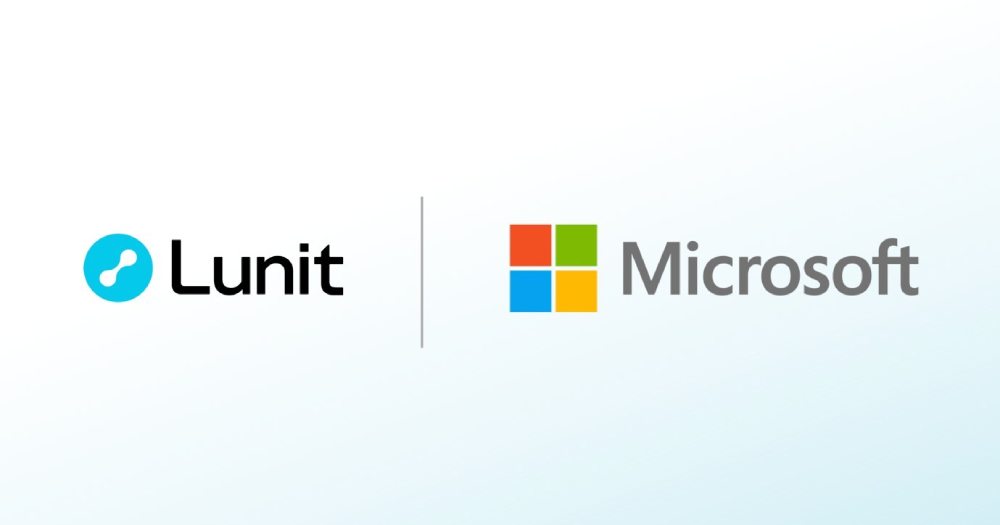Lunit, Microsoft to advance AI-driven cancer diagnosis

Lunit, the Seoul, South Korea-born whiz kid of medical AI which already has a presence in the Middle East, has just shaken hands with Microsoft. By sliding its cancer-spotting algorithms onto Microsoft Azure, Lunit wants to push lifesaving tech from hospital basements to cloud-powered skies.
The move follows Lunit's buy-up of Volpara — a Microsoft Industry Health Certified Partner — giving the Korean outfit instant street cred and a deeper bench of breast-imaging know-how.
How will it work?
- Fine-tune on your turf: Together, the two firms will offer a model-customization service on Azure. Clinics can train Lunit's algorithms with their own X-rays and reports, dialing out the quirks that trip up one-size-fits-all AI.
- Agentic workflows: Using Microsoft's agent-based frameworks, Lunit will stitch its cancer detectors into end-to-end tools that route images, flag findings, and nudge radiologists — all without the swivel-chair shuffle.
- Cloud at scale: Azure's global grid does the heavy lifting, keeping data secure while flinging updates worldwide in the blink of an eye.
"As Brandon Suh, Lunit's CEO, puts it, 'For AI to truly make an impact in healthcare, it must be accessible, scalable, and seamlessly integrated into clinical practice.'"
Why does it matter?
- Sharper reads, fewer misses. By tailoring models to local data, hospitals can cut the false-alarm chatter and catch tumors when they're still hush-hush.
- Time back to patients. Automated triage and report drafting free radiologists from the grind, letting them focus on tricky cases and bedside talks.
- Equity in care. Rural clinics and mega-centers alike tap the same top-shelf algorithms, leveling a playing field that's long been uneven.
Naveen Valluri of Microsoft sums it up: "With Microsoft Azure, we are shaping an ecosystem that supports partners like Lunit in delivering scalable AI innovations."
The context
Cancer imaging is drowning in data while the workforce is treading water. Regulators now green-light more AI tools, and payers reward value-based care. Lunit, already a darling in Asia, eyes the U.S. market where Azure's HIPAA-ready cloud opens doors. By folding Volpara into the mix, Lunit gains trusted breast-screening chops and a customer list that reads like a who's who of radiology.
This tie-up is less a moonshot than a measured step — one that stitches AI into the everyday fabric of medical practice, turning buzz into bedside benefit.
💡Did you know?
You can take your DHArab experience to the next level with our Premium Membership.👉 Click here to learn more
🛠️Featured tool
 Easy-Peasy
Easy-Peasy
An all-in-one AI tool offering the ability to build no-code AI Bots, create articles & social media posts, convert text into natural speech in 40+ languages, create and edit images, generate videos, and more.
👉 Click here to learn more


